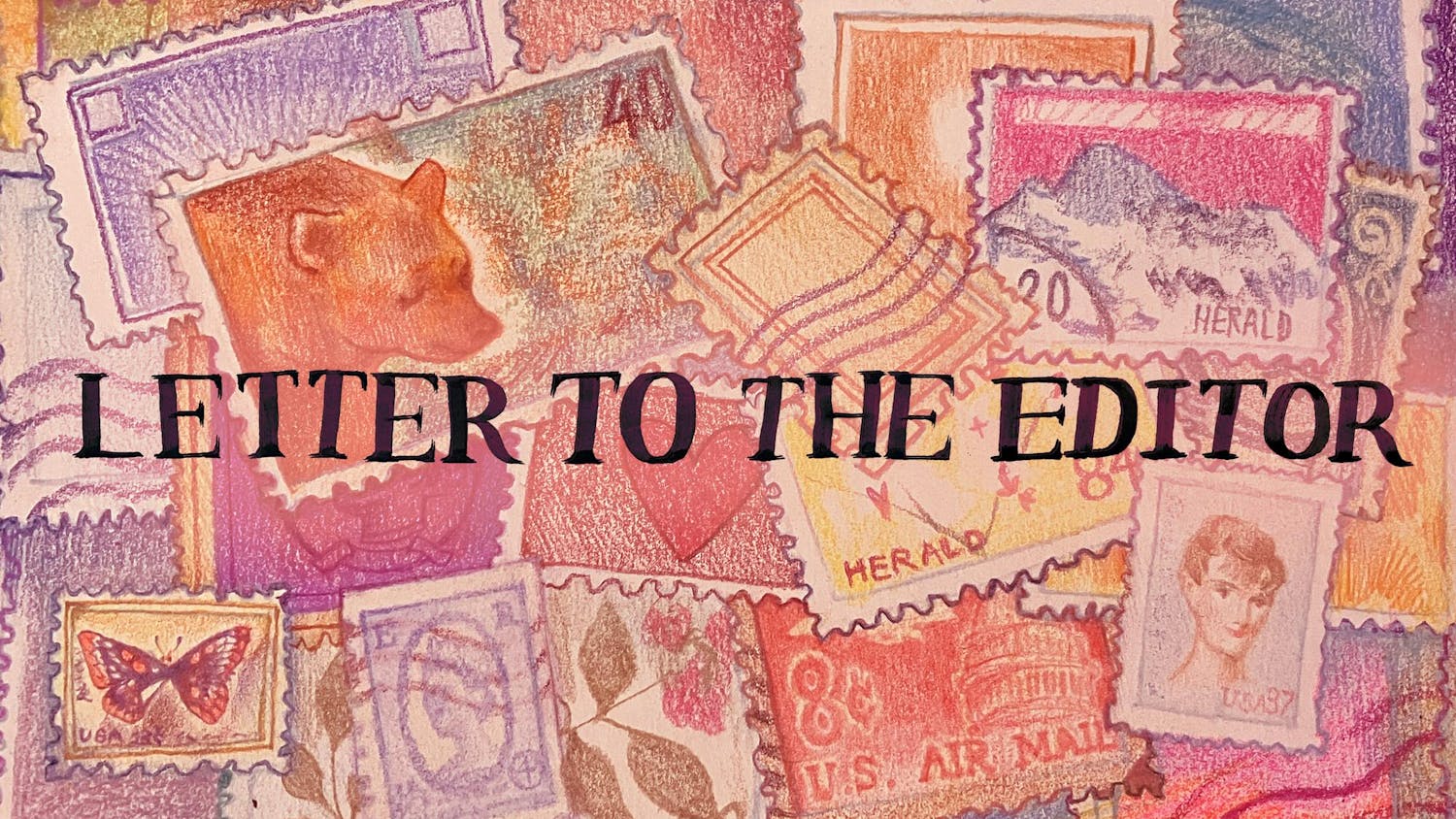To the Editor:
We are writing in response to Will Wray's '10 recent column ("Fair by whose rules?" Sept. 17). It contains a number of inaccuracies which need to be corrected. More broadly, though, we want to thank Wray for starting a conversation about Fair Trade. The concept has lost a little vitality over the years, and it needs to be revisited.
Fair Trade is far from perfect. In fact, forward-looking coffee companies like Blue State and New Harvest are working hard to develop direct-sourcing models that reward growers and foster relationships that go far beyond Fair Trade. But Fair Trade has its value, for growers and consumers, and it is important that we understand the facts:
"Fair Trade" is not a company, but rather a certification which is administered by TransFair USA, a non-profit agency. TransFair does not sell coffee, but rather certifies that Fair Trade cooperatives get a minimum price for the coffee they produce. The assertion that "only about 10 percent of the premium" consumers pay reaches producers demonstrates a fundamental misunderstanding about how the international coffee market functions. The value of 99 percent of the coffee produced worldwide is determined by the New York "C" price, which changes. The Fair Trade price is fixed, currently at $1.51 per pound. For most of the early part of this decade, the C price was well below $1, and Fair Trade certification was a lifeline for a lot of growers.
It was also a lifeline for good coffee. It is true, there is not a direct correlation between Fair Trade and quality, but one thing is certain: when growers receive a price that is below their cost of production, quality absolutely will suffer. Growing, harvesting and processing coffee at origin is labor-intensive, so it is vital for the people who do the work to be compensated at a level that makes it worth the trouble. The only Fair Trade "premium" received by TransFair is paid by roasters like New Harvest. This fee of 10 cents per pound of green coffee purchased is what funds all of TransFair's marketing expenses.
Ultimately, the problem with Fair Trade is not that its certifier has questionable practices. It does good things, but it is rigid. The inspection fee that cooperatives must pay in order to be certified is onerous, and limits Fair Trade status to very large cooperatives. The exclusion of independent farms and small cooperatives is problematic, especially for quality-focused artisan roasters and retailers.
Fair Trade played a part in saving good coffee when the C price was disastrously low. For those of us in the artisan sector of the industry, we are grateful. But the search for great coffee is beyond Fair Trade, and that is why we are reaching out to independent farms and small cooperatives to create direct, small-scale relationships based on transparency and sound principles: We want to pay more for consistently spectacular coffee, because it's the right thing to do and because you get what you pay for.
Rik Kleinfeldt MA'90
New Harvest Coffee Roasters
Alex Payson '03.5
Blue State Coffee
Sept. 23


